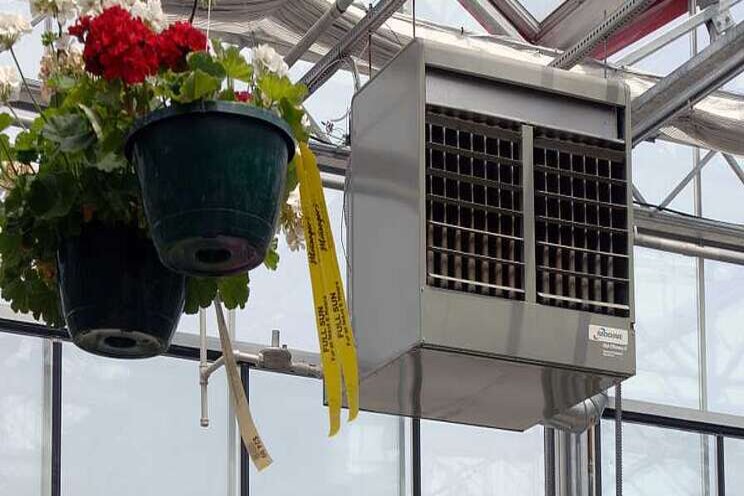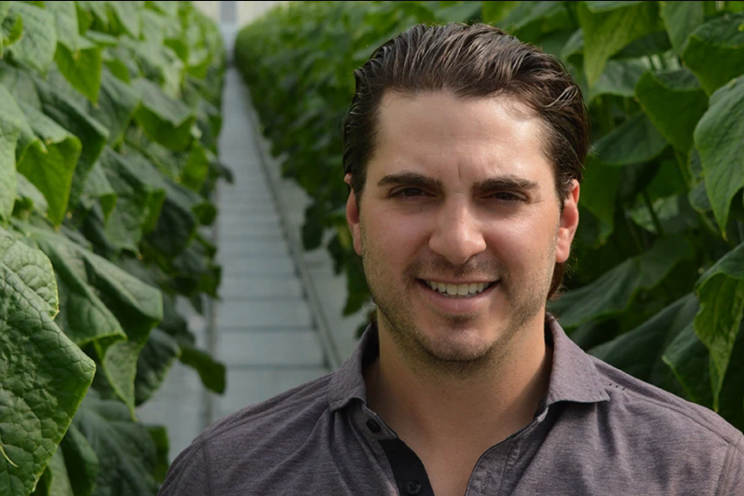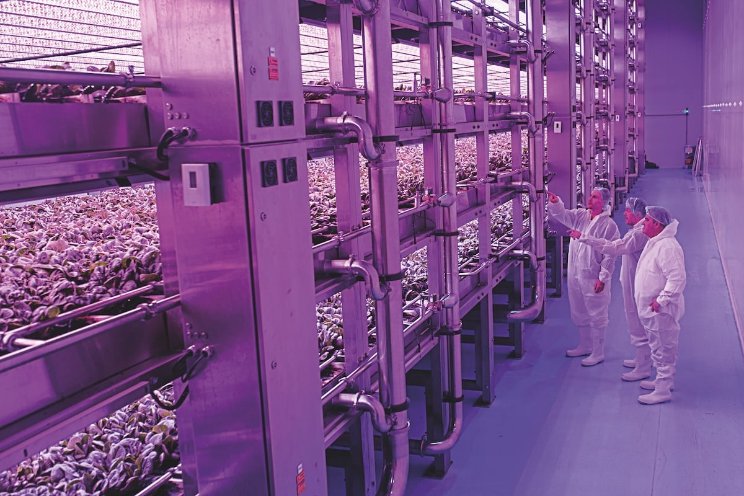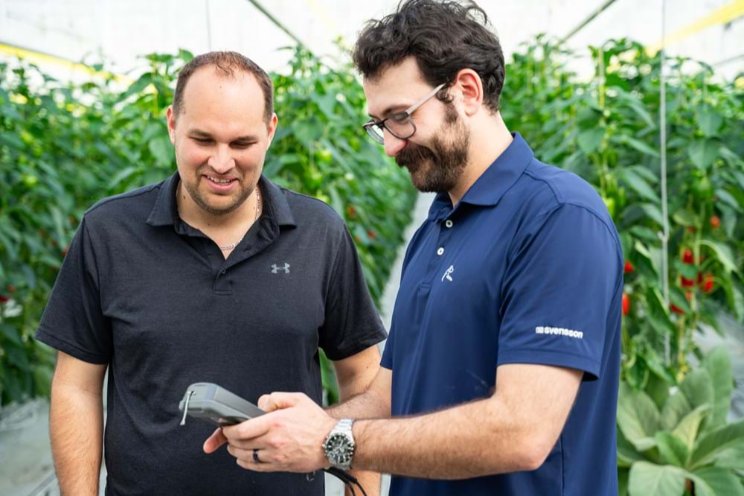Protect unit heaters from greenhouse conditions
Added on 18 October 2020

Moisture can eat away at metals used in heating systems. One easily understood example is the muffler in your vehicle. If you're only running short distances back and forth over an extended period, and the muffler never has a chance to really heat up, the moisture will start eating away at the metal, eventually creating a hole.
The same holds true in a heating equipment, especially critical components like heat exchangers. That's why it's vital to keep up with maintenance and periodic inspections of unit heaters to catch any problems early.
Any moisture damage to a unit will end up costing the grower money. Whether replacing motor fan blades or casing component or a heat exchanger, it will all add up to unnecessary costs that can be prevented with regular maintenance and some mindfulness of water usage in a greenhouse space.
Dealing with the Environment
So, how do you protect unit heaters from damaging environmental conditions in a greenhouse? The first step is to buy a unit heater or other heating system that has been specifically developed and designed for use in commercial greenhouses. Some of these units use a higher-grade stainless steel than commonly used for the heat exchanges, which makes them more resistant to corrosion. They might cost more up front, but the investment is repaid by longer operational lifespan.
Whatever type of unit being used, greenhouse operators can take some common sense steps to protect the equipment over the long run:
- Never spray water directly on heating equipment.
- Don't position misters or sprayers where moisture can drip onto heating equipment.
- When misting, turn off nearby fans to avoid blowing water onto the units.
- If spraying water or agricultural chemicals, consider turning off the unit heaters to avoid moisture/chemicals from being sucked into them.
Annual Inspections
It's very important to keep an eye on unit heaters. Don't let them become out of sight, out of mind. Annual inspections are necessary to keep the units running efficiently. Before you start the unit after a period of warm weather, visually inspect the heat exchanger to make sure there is no just or cracks. If it's dirty, clean it.
Take the same approach to other systems. Ensure there are not breaches in the venting systems. Check them for obstructions such as bird nests. Make sure the burners are in good shape and not corroded. Be sure not to forget to check the gas pressure, and make sure it is set to the specifications of the unit. Without consistent gas pressure, units will not burn efficiently.
Just remember, if a component looks dirty, clean it. If something doesn't look right, it will probably have to be replaced. But as long as unit heaters are consistently maintained in a greenhouse environment, these units can last just as long as any other heating application out there in the marketplace.
Source: Greenhouse Grower
Photo Credit: Modine
Source: Greenhouse Grower
More news















